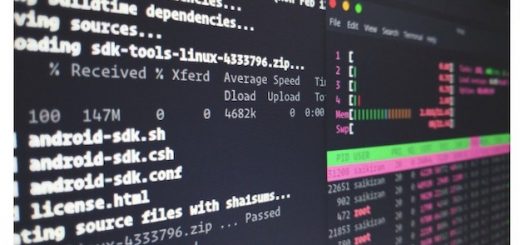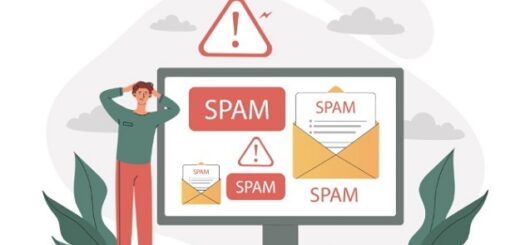Working and researching online eventually leads to hearing about virtual private networks (or VPNs). A VPN is a virtual private network. It functions as a way to hide your IP address and the general location while encrypting data as you browse the internet. They can work on desktop pcs, laptops, smartphones, and tablets. For many people, they serve as a way to access region-restricted items, gain more privacy online, guard against attacks on public networks. Here are five reasons why you need a VPN for your home or business network.

Protection From Web Threats
Web threats are everywhere. Seriously, going online there’s always a chance that somebody’s going to try to dupe you into providing access to your data or compromise it in some other way. Here are just a few of them:
Malware — viruses and other malicious code that install unwanted things on your machine and cause performance issues.
Phishing attempts — this type of attack is insidious. By creating an email that appears to be from a legitimate source, would-be attackers attempt to steal personal information by convincing users to click through to a dangerous website and compromise their information.
SQL injection — this is the type of attack that inserts malicious code into an SQL server.
Denial of service — attacks that flood a network so they can’t handle simple service requests, resulting in complete denial of service. Also known as a DDoS attack.
Other threats, such as compromised passwords and dangerous websites are still a major problem. So, using some measure of security—up to and including a VPN—is critical for safe online use today. Remember, however, that VPNs do not serve the same function as an antivirus so it should be incorporated into a larger security framework. Think of it as just another tool to use to prevent cybersecurity issues.
High Bandwidth
There’s nothing worse than a sluggish computer that’s having difficulty accessing pages and content online. The dreaded buffering message or choppy playback can be frustrating. It’s especially troubling when you’re trying to do some work and your connection can’t handle the resources you need. Using a VPN is a great way to hedge this, essentially providing access to more bandwidth. It doesn’t matter if you’re watching a few videos, browsing your favorite sites, paying bills, or searching for life insurance quotes; using a VPN can improve bandwidth across the board because although it takes an extra 5% or so to encrypt traffic, you won’t be dealing with the bloat caused by excessive ads, videos, and other annoying website accouterments that happened to afflict the modern internet at large.
Encryption
Encryption is a super important part of any cybersecurity plan. There’s a reason the https protocol is so popular. Using encryption methods to maintain the safety of your files is a way to keep your data in transit safe. Encryption protocols exist for safe data transfer and certain types of software suites Supply encryption algorithms that can help you. Using encryption serves multiple purposes. It can protect sensitive, financial, or personal data as it moves from one place to another and it can keep data safeguarded while it’s on your system or network. This multifaceted approach makes encryption one of the most robust security methods in existence right now. A VPN encrypts data as it travels in and out of your system, giving you safe and secure access to your own personal files locally while enabling encrypted data transfer anytime you’re online.
Low Cost
Gaining access to the protection of VPN provides while also being able to take advantage of service for a long time to come is actually pretty inexpensive. Acquiring and setting up a pro VPN is a low-cost, cost-effective solution for creating a private browsing environment. Subscribing to a high-quality VPN service can be as low as $30 a year, sometimes with special discounts involved. When you weigh the costs associated with a VPN against the annoying, potentially dangerous cyber security concerns we deal with every day, it makes sense to dive into using such services on a subscription basis. And that’s just for pro versions that have more features than the standard, free basic versions. Ultimately, the choice is yours but going pro can be very beneficial for your privacy and security.
Security and Privacy
At the end of the day, the best reason to incorporate a VPN into your system is for better security and privacy. If you find yourself working online using public Wi-Fi or in non-private spaces, it bolsters your security and that regard. If you want to use services without being tracked we’re having your personal data potentially compromised, it can help there too. It doesn’t matter what your personal barometer for security and privacy is regarding your online use; rather it’s essential to create a completely secure environment every time you’re online. With so many existing threats and looming ones on the horizon, it seems like using a VPN is just common sense in the modern world.




